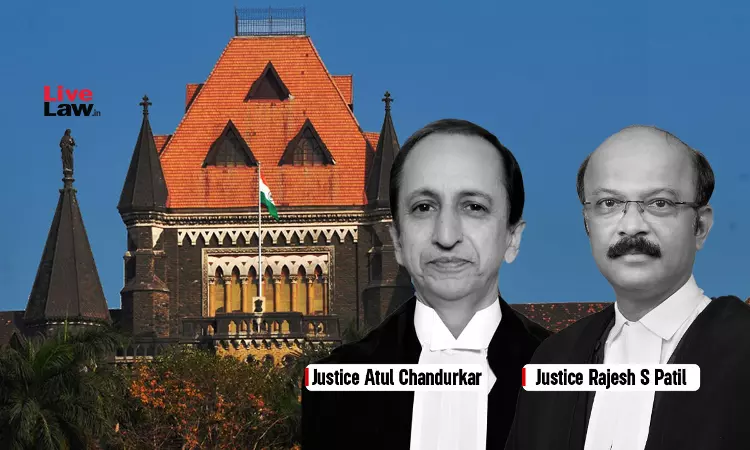Bombay High Court Cites Procedural Flaws In MNLU Student's Expulsion For Sexual Misconduct, Urges Reformative Approach
Pranav Kumar
13 Oct 2024 8:30 AM IST

Next Story
13 Oct 2024 8:30 AM IST
A Division Bench of Bombay High Court comprising Justice A.S. Chandurkar and Justice Rajesh S. Patil set aside the expulsion of a law student from Maharashtra National Law University (MNLU) for sexual misconduct, citing serious procedural violations and recommending a reconsideration of the penalty. The court held that while the student's misconduct was significant, MNLU failed to comply...
